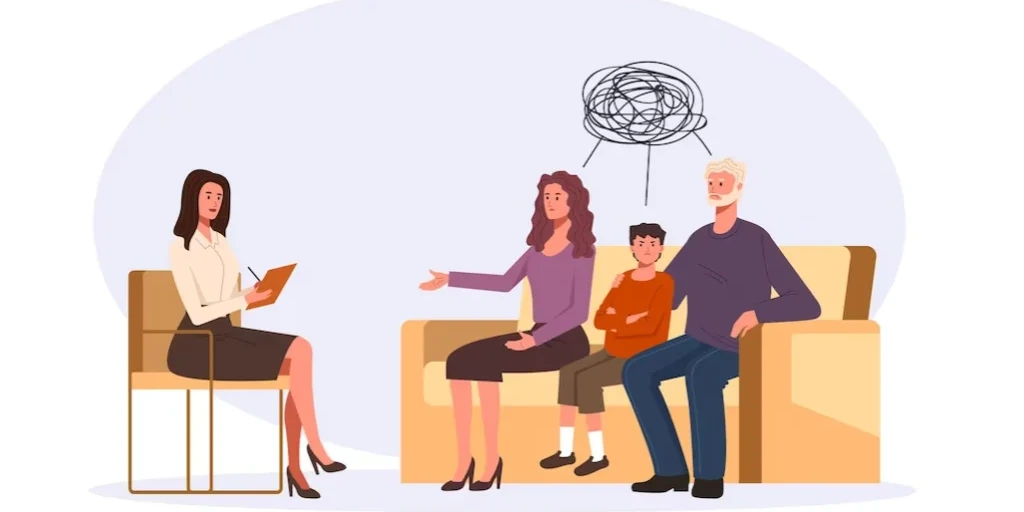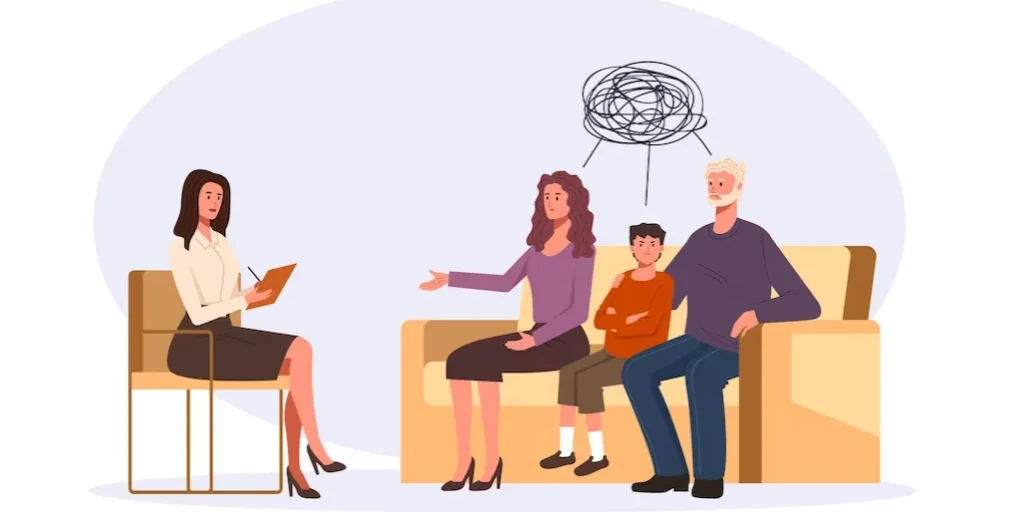24/7 Helpline:
(866) 899-221924/7 Helpline:
(866) 899-2219
Learn more about Klonopin Rehab centers in Scottsville
Klonopin Rehab in Other Cities

Other Insurance Options

Amerigroup

Covered California

Oxford

Horizon Healthcare Service

Ambetter

Humana

Choice Care Network

Health Partners

Premera

UnitedHealth Group

Self-pay options

MHNNet Behavioral Health

AllWell

Multiplan

PHCS Network

Evernorth

Health Choice

Absolute Total Care

Kaiser Permanente

Sliding scale payment assistance

Time Out Community Counseling and Correctional Services
Time Out Community Counseling and Correctional Services offers outpatient treatment for individuals ...

LifeSkills Service Center – Allen County
LifeSkills Service Center – Allen County is a private rehab located in Scottsville, Kentucky. LifeSk...

More to Life Counseling
More to Life Counseling offers faith-based and evidence-based counseling services for individuals, f...
































































